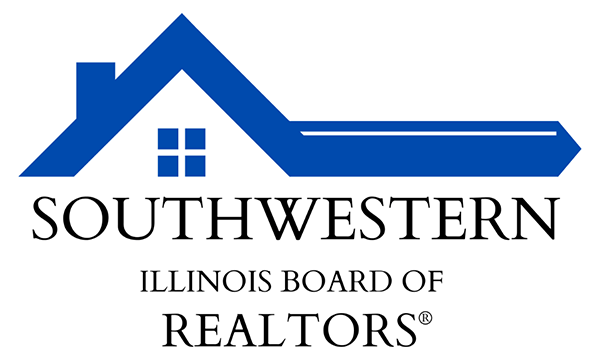Mediation / Arbitration
Dispute Resolution Process for Buyers and Sellers
As part of the Dispute Resolution System (DRS), the Southwestern Illinois Board of REALTORS® provides buyers and sellers with support options for resolving disputes that may arise during real estate transactions based on language found in real estate contracts. Depending on the situation an individual must determine which option they want to pursue based on the situation.
1. Small Claims Court
Seller and Buyer agree that all disputes or claims (falling below the small claims maximum threshold for the County in which the subject Real Estate is located) shall be filed through the small claims procedures established through Circuit Courts of local jurisdiction in the County in which the subject Real Estate is located.
2. Mediation for Larger Disputes
Mediation is a process where the buyer and seller work together to resolve their dispute with the help of a neutral mediator.
- For disputes exceeding the small claims threshold, including issues like:
- Return of Earnest Money
- Disputes over taxes
- Breach of contract
- Misrepresentation or fraud
- These disputes will go through mediation under the Homesellers/Homebuyers Dispute Resolution System (as per the National Association of REALTORS® rules).
Key Points About Mediation:
- Mediation is a negotiation between the buyer and seller—No real estate agents or other third parties will be involved without consent.
- Any agreement reached through mediation is binding on both parties.
- Mediation fees will be shared according to the rules set forth by the Homesellers/Homebuyers Dispute Resolution System, established by the National Association of REALTORS®.
3. Arbitration if Mediation Fails
- If mediation doesn’t resolve the dispute, it will move to binding arbitration with United States Arbitration & Mediation Midwest, Inc.
- The arbitrator’s decision is final and legally enforceable.
- If one party refuses to participate in arbitration, challenges the award, or doesn’t comply with the decision, the other party may recover legal costs and attorney fees.
4. Exclusions from Mediation and Arbitration
Some matters are excluded from mediation and arbitration, including:
- Foreclosure actions
- Eviction proceedings (unlawful detainer)
- Mechanics’ liens
- Probate court matters
- Filing a legal action to meet deadlines, record notices, or request temporary court orders (like an injunction) does not violate the agreement to mediate or arbitrate.
5. Earnest Money Disputes
- Escrow agents cannot be part of any dispute related to Earnest Money.
- The escrow agent will follow the final decision from mediation or arbitration to distribute the Earnest Money.
- If the escrow agent needs to take legal action to determine how to distribute the funds (through an interpleader action), their legal fees will be deducted from the Earnest Money before it’s distributed to the buyer or seller.
